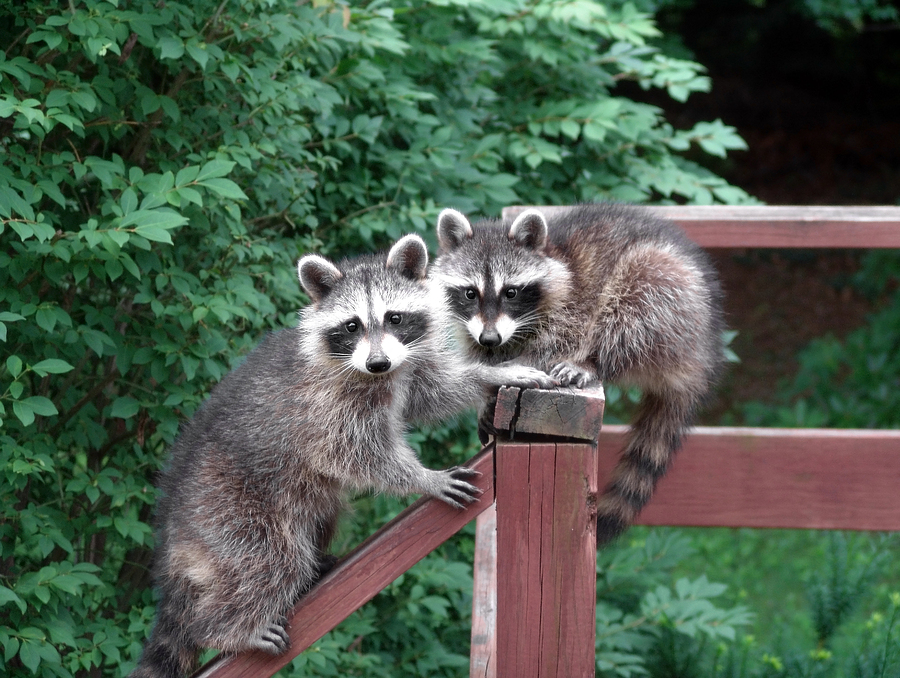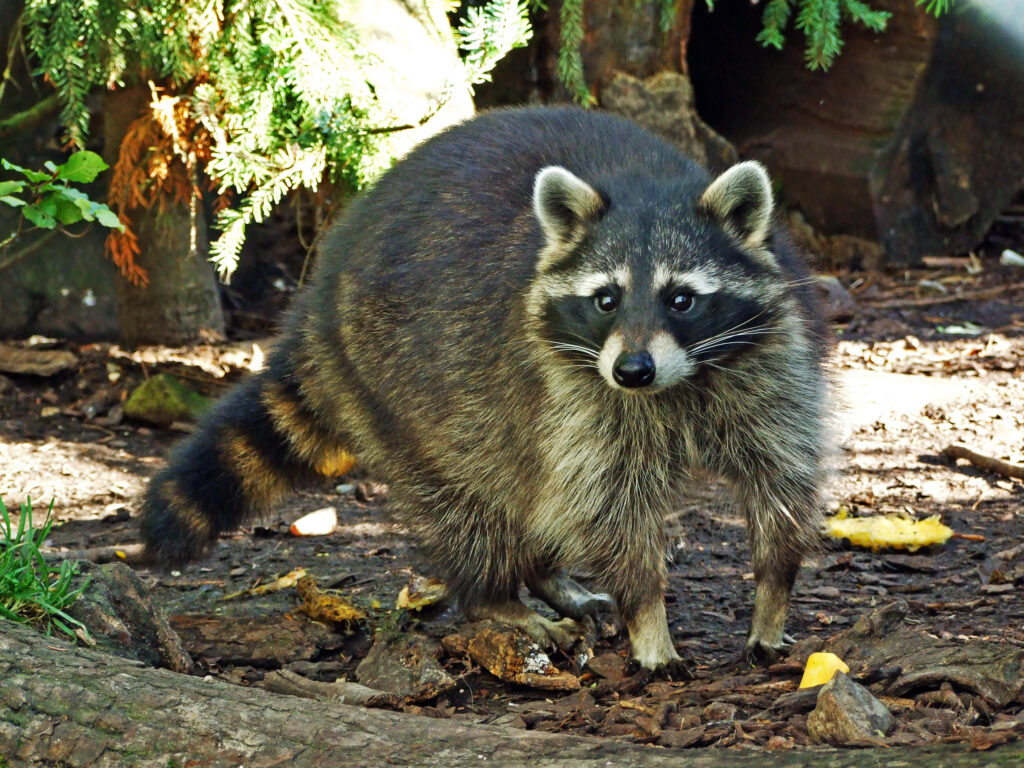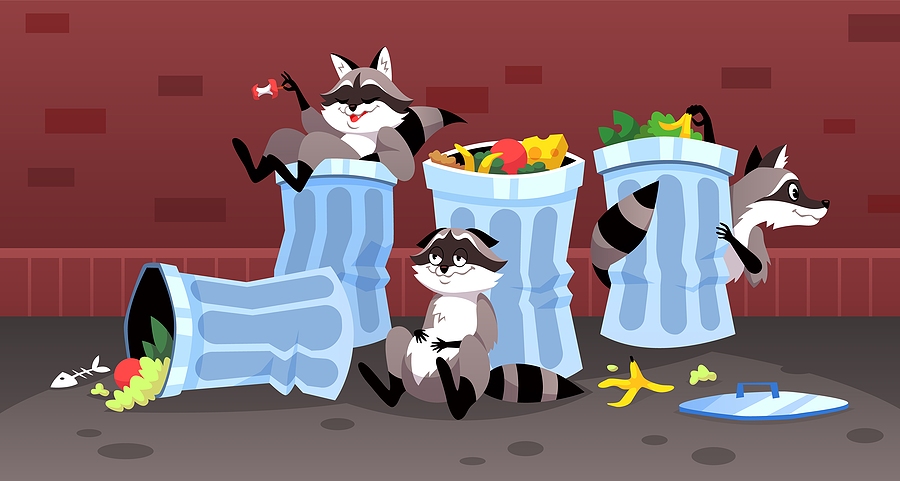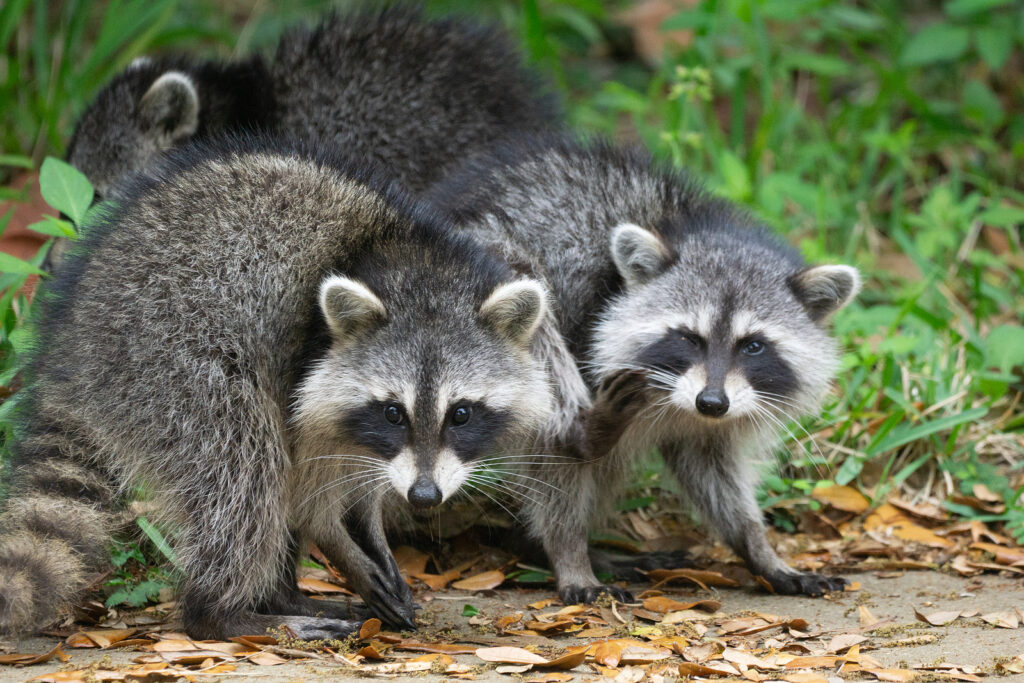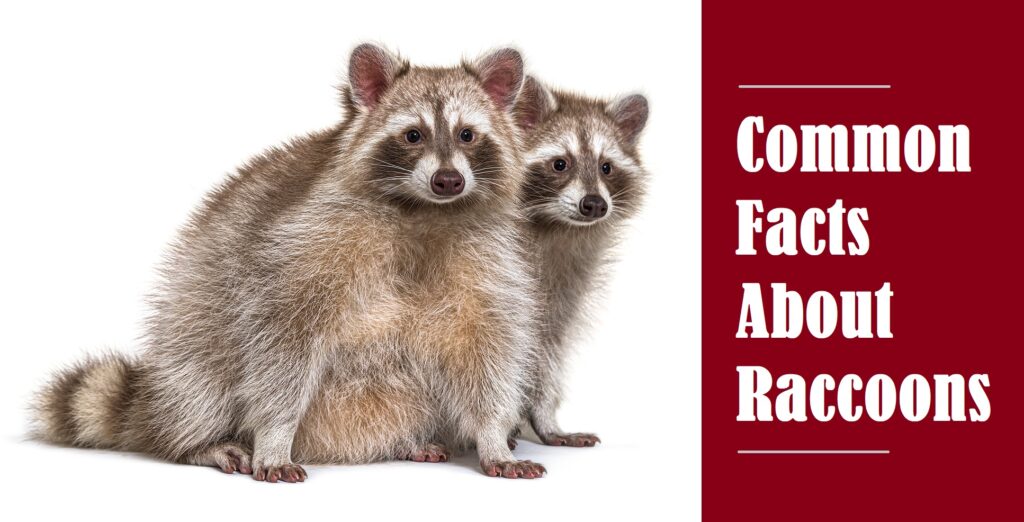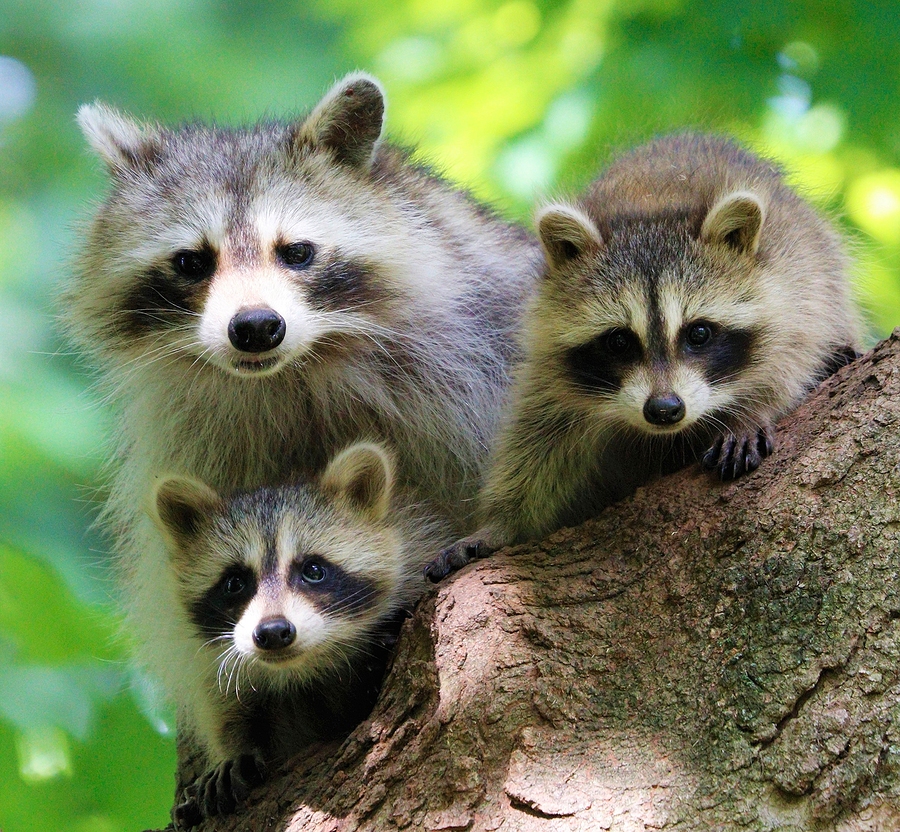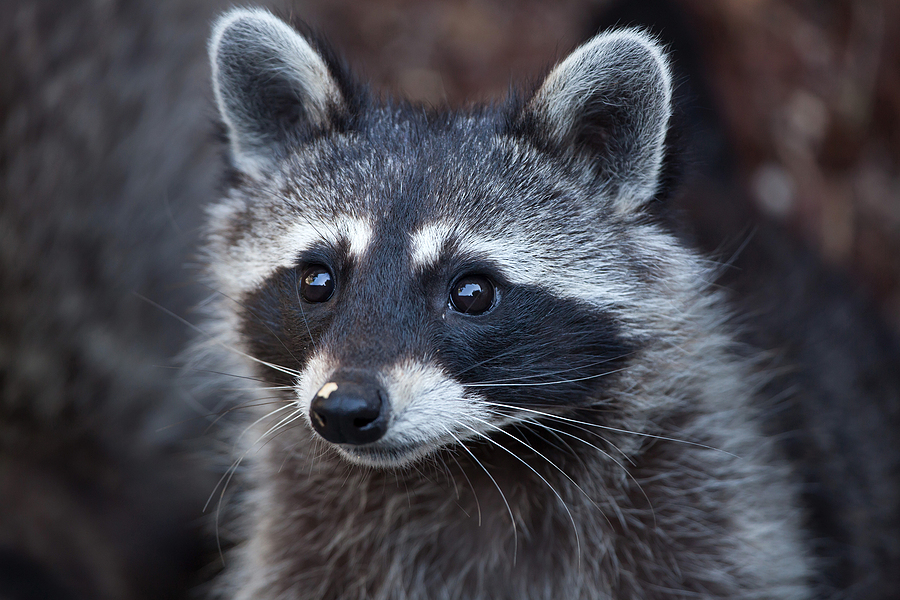Raccoons may look cute, but when these nocturnal nuisances infiltrate your attic, they bring more than just a dose of wildlife excitement. For homeowners, having raccoons in the attic can lead to a myriad of issues, from structural damage to serious health hazards. This guide will walk you through the steps to identify, prevent, and humanely remove raccoons, ensuring your home remains a safe and peaceful haven.

Signs of a Raccoon Infestation or Localized Activity
To effectively address the issue of raccoons in your attic, the first step is to accurately identify their presence. Recognizing the signs early on can prevent a minor inconvenience from escalating into a major problem. Common indicators of raccoon activity, such as unusual noises, droppings, and physical damage. By understanding these signs, you can take timely action to mitigate potential risks to your home and health. The first step in addressing a raccoon problem is knowing how to recognize it.
Common signs of raccoons include:
- Noise: Scratching, thumping, or chattering sounds, especially at night.
- Droppings: Feces resembling those of a small dog, usually found near entry points.
- Structural Damage: Chewed wires, torn insulation, or damaged vents and shingles.
Understanding the Risks of Raccoons in the Attic
Raccoons in the attic or crawl space present several risks:
- Health Hazards: They can carry diseases like rabies and parasites such as roundworms.
- Property Damage: Their chewing habits can damage insulation, wiring, and structural components, potentially leading to costly repairs.
Raccoon Proofing and Prevention is Key
Securing Your Home
Prevention starts with making your home less inviting to these masked bandits:
- Seal Entry Points: Check for and seal any potential entry points, such as gaps in the roof, vents, or chimney.
- Install Chimney Caps and Vent Covers: These can prevent raccoons from using your chimney or vents as entryways.
- Trim Tree Branches: Ensure tree branches are at least six feet away from the roof to deter raccoons from climbing.
Regular Maintenance
Consistent home maintenance is vital:
- Inspect Regularly: Regularly inspect your home, especially the attic, for signs of wildlife intrusion.
- Repair Damage Promptly: Address any minor damages immediately to prevent them from becoming potential entry points.
Humanely Removing Raccoons
The Importance of Professional Services
When it comes to removing raccoons, professional wildlife control services are essential:
- Humane Methods: Professionals use humane traps and relocation practices to ensure the welfare of the raccoons.
- Expertise: Trained professionals can safely handle raccoons, reducing the risk of injury or disease transmission.
Legal Considerations
DIY raccoon removal can be risky and legally complicated:
- Wildlife Protection Laws: Many regions have laws protecting raccoons, making it illegal to harm or improperly relocate them.
- Avoiding DIY Pitfalls: DIY methods often lead to incomplete removal or other unintended consequences, such as orphaned baby raccoons left behind.
Cleaning and Repairing the Attic
Cleaning Up a Raccoon Infestation
Once the raccoons are removed, cleaning the attic is crucial:
- Disinfecting: Use enzymatic cleaners to break down biological waste and eliminate odors.
- Deodorizing: Apply commercial-grade deodorizers to remove lingering scents that might attract other wildlife.
Repairing Damages Caused by Raccoons
To prevent future infestations, your attic may need some repairs:
- Insulation Replacement: Damaged insulation should be replaced to restore energy efficiency.
- Structural Repairs: Fix any chewed wires or damaged wood to maintain the integrity of your home.
Conclusion
Dealing with raccoons in the attic requires prompt and informed action. By identifying the problem, taking preventive measures, and relying on professional services for humane removal, you can protect your home and family from the hazards these unwelcome guests bring. Don’t wait—if you suspect raccoons have taken up residence in your attic, contact a wildlife control company today to ensure a safe and thorough solution.
Ready to reclaim your attic from these clever nuisance critters? Contact Modern Wildlife Control at 317-847-6409 for licensed and insured raccoon removal and control services in Indianapolis, Indiana. Your peace of mind is just a call away!
Related Posts:
Raccoon Removal 101: Your Essential Guide
An Expert’s Guide on How to Keep Raccoons Out of Your Yard
Facts About the Omnivorous Life of Raccoons

